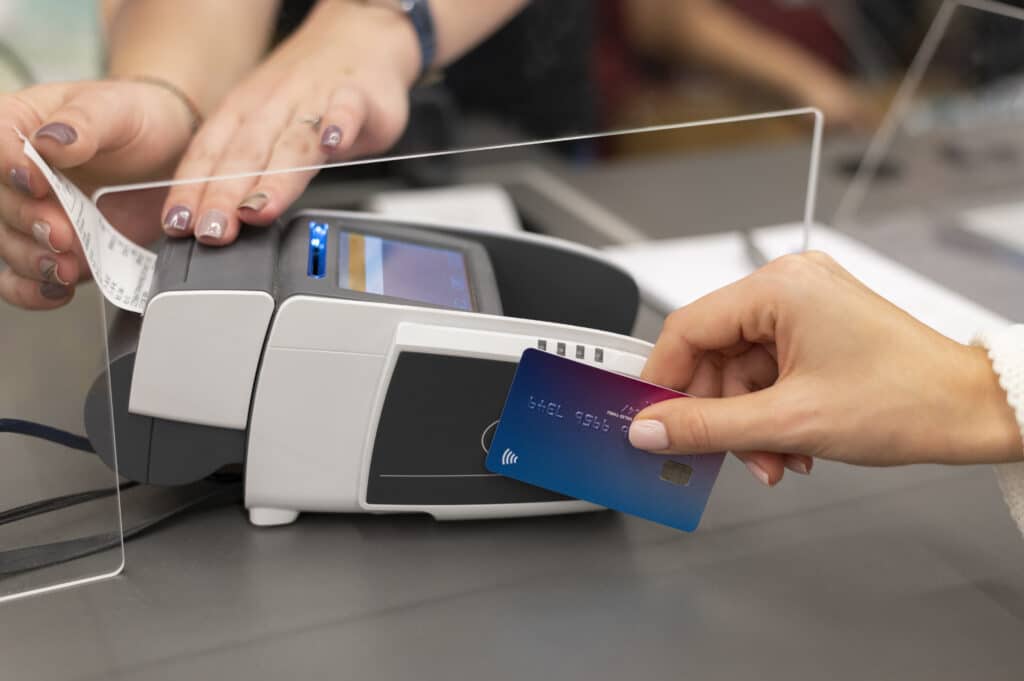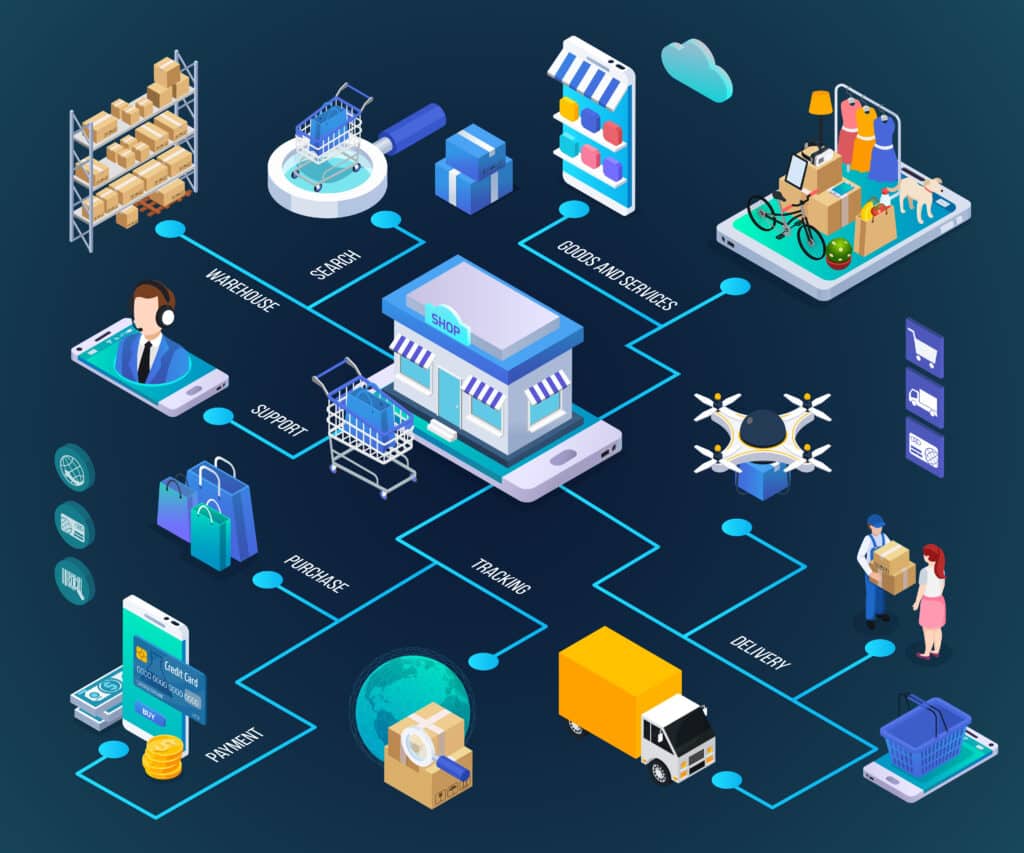In today’s retail landscape, accepting credit cards is no longer optional—it’s expected. Shoppers demand fast, secure, and flexible ways to pay, and businesses that can’t provide those options risk losing sales. That’s where credit card payment processing comes in.
For retailers, choosing the right payment processing solution is essential not only for customer satisfaction but also for operational efficiency and financial growth. This guide explores how credit card processing works, why it’s critical for retailers, and how to select the right solution for your business.
What Is Credit Card Payment Processing?
Credit card payment processing is the system that allows retailers to accept card payments from customers. It involves several key players:
- Customer: Initiates a transaction with their card.
- Merchant (Retailer): Accepts the payment.
- Payment Processor: Connects the transaction between the merchant, customer’s bank, and card network (Visa, Mastercard, etc.).
- Issuing Bank: Approves or declines the transaction.
- Acquiring Bank: Deposits the funds into the retailer’s account.
Although the process involves multiple steps, it happens in seconds, making modern retail transactions fast and convenient.
Why Credit Card Payment Processing Matters for Retailers
Retailers of all sizes benefit from implementing reliable payment solutions. Here are some of the key advantages:
1. Customer Convenience
Accepting credit cards gives shoppers flexibility and improves their experience. Customers are more likely to complete a purchase when offered convenient payment options.
2. Increased Sales
Studies show customers spend more when paying by card compared to cash. Reliable credit card payment processing directly contributes to higher average transaction values.
3. Security and Compliance
Modern systems use encryption and tokenization to protect sensitive data. Compliance with PCI DSS standards ensures both retailers and customers are protected.
4. Streamlined Operations
Integrated payment solutions connect directly with your POS software, eliminating manual reconciliation and reducing errors.
How Credit Card Processing Works in Retail
While the process may seem complex, here’s a simplified breakdown of what happens during a transaction:
- The customer swipes, taps, or inserts their card into a POS device.
- The payment processor sends the transaction request to the card network.
- The issuing bank verifies funds and approves or declines.
- Approval is sent back to the retailer’s POS system in seconds.
- The funds are deposited into the retailer’s account, usually within 1–2 business days.
By pairing retail POS hardware systems with efficient processors, transactions become seamless for both customers and staff.
Types of Credit Card Payment Processing
Retailers can choose from different solutions depending on their business model:
- Traditional POS Terminals – Best for in-store sales with high transaction volumes.
- Mobile POS (mPOS) – Ideal for retailers that sell at events or need portability.
- Online Payment Gateways – Critical for e-commerce businesses.
- Integrated POS Systems – Combine inventory, sales, and payments into one system.
Key Features to Look for in Credit Card Processing
When selecting a provider, retailers should consider:
- Transaction Fees – Compare rates to maximize profitability.
- Payment Options – Support for EMV chips, contactless payments, and mobile wallets.
- Integration – Seamless connection with your POS and accounting software.
- Security Features – Encryption, tokenization, and fraud detection.
- Scalability – Ability to grow with your retail business.
The Role of POS Systems in Payment Processing
Modern POS systems are more than just checkout counters—they are the hub of retail operations. By combining credit card payment processing with inventory management, reporting, and customer engagement, retailers gain a complete solution that drives efficiency.
RealTimePOS offers:
- Support for multiple payment methods.
- Integrated reporting for sales and payments.
- Easy reconciliation with accounting platforms like QuickBooks.
- Secure, PCI-compliant transactions.
Common Challenges Retailers Face
Even with reliable systems, some retailers encounter issues like:
- Chargebacks – Disputes from customers.
- High Transaction Fees – Cutting into profit margins.
- Integration Problems – Payment systems not syncing with POS.
The right provider solves these challenges with competitive pricing, seamless integrations, and fraud prevention measures.
Future Trends in Credit Card Payment Processing
Looking ahead, retailers can expect:
- Contactless & Mobile Payments – Growth in Apple Pay, Google Wallet, and NFC technology.
- AI-Powered Fraud Prevention – Smarter tools to detect unusual activity.
- Omnichannel Processing – Unified systems for in-store and online transactions.
- Faster Settlements – Instant or same-day deposits becoming more common.
Retailers who adopt these innovations early will be better positioned to meet customer expectations and outpace competitors.
Conclusion: Smarter Payment Solutions for Retail Growth
Credit card payment processing is the backbone of modern retail, enabling faster checkouts, improved security, and increased sales. By pairing the right processing system with a robust POS solution, retailers can streamline operations, reduce risks, and deliver superior customer experiences.
At RealTimePOS, we provide end-to-end retail solutions that integrate payment processing, POS software, and hardware systems, ensuring your business stays ahead in today’s competitive market.







